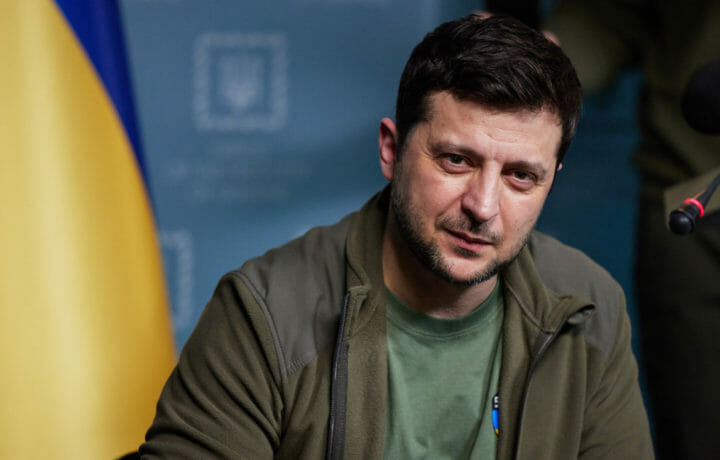At the 2025 Intelligence & National Security Summit, Maj. Gen. Keith Phillips shared a series of observations during a fireside chat that offered a practical lens on natural evolution and the importance of the Defense Industrial Base (DIB). Drawing from his time as the Defense Attaché in Ukraine and his interaction with Ukrainian defense leaders, Phillips spoke not in hypotheticals but from lived experience. He highlighted what the United States and its partners may learn from a war that continues to reshape military thinking.
Ukraine’s Adaptation: Technology, Ethics, and Ingenuity
Ukraine’s defense posture has evolved significantly since 2014. When Russia launched its full-scale invasion in 2022, Ukraine, Phillips reminds, did not control its airspace. Today, despite daily drone and missile attacks, the Ukraine air defense and air assets (F-16) comprise an effective layered defense system that continues to hold. Phillips pointed to Ukraine’s use of artificial intelligence as a key enabler, particularly in battlefield coordination and drone operations. These technologies are operational and they’re shaping outcomes.
He also addressed the evolution of autonomous weapons and the importance of ethical considerations and boundaries, especially at the intersection of AI and warfare. Phillips emphasized the need for technological advancement to be guided by clear parameters and responsible oversight.
Homeland Defense: A Shifting Landscape
Phillips was candid in his assessment of the U.S. homeland: it’s no longer the sanctuary it once was. The reach of cyber threats, influence operations and weapons technology has changed the perimeter. Defense must now be layered across multiple domains, and that begins with identifying what truly needs protection and ensuring the right tools are in place to do so. That said, he did add, parenthetically, “We have a lot,” as a form of reassurance that resources exist, but clarity and coordination are needed to deploy them effectively.
The Defense Industrial Base: Relevance and Engagement
When speaking about the DIB, Phillips emphasized the importance of problem-solving and the role the DIB plays in shaping outcomes. “It’s important to know you’re making a difference,” he said, directing the comment toward those building and sustaining the systems that support national defense.
He also stressed the value of engagement. Industry leaders, he noted, should be in regular dialogue with the State Department, embassies, and warfighter commands. These entities understand the evolving needs of both U.S. forces and allies, and their informed insights can help the DIB create the right tools for the right job.
Ukraine: Ammunition, Drones, and the Realities of Supply
The war in Ukraine has moved through several phases, each revealing new challenges. One of the most striking has been the consumption rate of weapons and ammunition, particularly 155 mm rounds, which has far exceeded initial projections. This has forced a reassessment of production capacity and supply chain resilience.
Drone technology, meanwhile, has advanced rapidly. Faced with limited manpower and munitions, Ukraine has leaned into drones as both economical and effective tools. Phillips described this evolution as a product of necessity and suggested that Ukraine may soon begin exporting its innovations and offering technology for other nations to study and adopt.
Preparing the Next Generation
Phillips closed with a note to young professionals: develop fluency in technology but also understand the enduring needs of warfighting. Some will naturally be drawn to specialize in technical domains like AI and cybersecurity, while others will focus on operational realities. Both are needed. The tools may change, but the mission remains.
A Thoughtful Takeaway
Phillips’ fireside chat offered a steady reflection on what’s working, what’s changing, and where attention is needed. The war in Ukraine continues to surface lessons, not just for military planners, but for industry, policymakers, and technologists alike.
Adaptation, engagement, and clarity will shape the next chapter, and those listening have a role to play.




